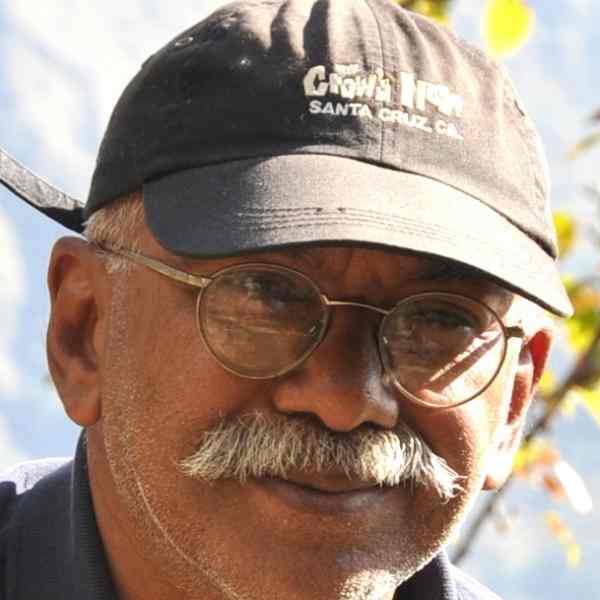Introduction
Kalyan Paul is providing local communities in the central and western Himalayas with the organizational, technical, and managerial skills to effect ecological restoration of their area.
The New Idea
Recognizing that local bodies know their diverse ecosystems far more intricately than macro-development planners, Kalyan is helping to organize them into independent forums united through a loose but broad organizational structure. He is also helping these local groups systematically at every stage of their launch and growth: from planning and action research to community organization, fundraising, managerial training, and the introduction of appropriate technology options.On another level, Kalyan's organization–Grassroots: The Pan-Himalayan Development Foundation–is a platform that facilitates the free flow of ideas and solutions regarding sustainable land use, appropriate technology, and technical skill transfers. By thus bringing the region's local groups together, he hopes to create a movement pressing competently for ecological restoration across the western and central Himalayas. Most of the major rivers of northern India rise in this region's threatened mountains.Kalyan also works to provide practical economic alternatives to destructive exploitation, noticeably the initiation of new small-scale or cottage industries, both independently and jointly with trade organizations. Grassroots will also plan and be responsible for the implementation of projects designed to promote environmental conservation. One such example is the installation of solar energy systems in urban centers in the western and central Himalayas.
The Problem
The natural resource base of the central and western Himalayas has shrunk to a level that cannot support even subsistence farming over future decades. The fifteen million inhabitants of this area now are dependent on large-scale efforts by government and other big organizations to manage the existing resources.
These macro-plans generally do not reflect the reality of the eco-diversity of different areas. Yet local bodies are not adequately equipped in terms of managerial or technical training either to complement governmental efforts or to take the reins of resource management into their own hands.
The Strategy
Kalyan is attacking the problem at both the local and national levels. The three major components of his approach are planning, training, and networking. He has initiated a pilot project in the watershed of the Aglar, a tributary of the Yamuna. Here the residents are preparing a five-year action plan for ecological restoration. A successful demonstration in this area would, he believes, spread rapidly to the seventeen adjoining watersheds.
Kalyan is also building the institutional capacity for ongoing research in the western Himalayas regarding biogas technology, cultivation and preservation of fodder crops, environmental sanitation, drinking water quality and testing, and waste disposal systems. He then goes on to systematic demonstrations of the resulting locally based resource management strategies and techniques both directly through Grassroots and through existing local citizen groups that Kaylan strengthens through training and technical guidance.
Grassroots is also building a database on mountain area development to better inform policy makers, development institutions, and the media. It is coordinating with existing citizen groups and government institutions, bringing together specialists and concerned citizens to identify and collaborate on environmental management issues.
The Person
Brought up in an affluent Calcutta family, Kalyan acquired a master's degree in economics from the Birla Institute of Technology and Science, Pilani, in 1977. He received another master's in social work from Delhi University in 1980. While disillusionment regarding governmental macroeconomics set in during eight months spent at the Administrative Staff College of India, Hyderabad, Kalyan found his next assignment as a spearhead team member of the Dairy Board satisfying. This gave him an insight into the creation of viable farmers' organizations. Based on this experience, he embarked upon his plans to bridge effectively the destructive gap between macro-planners and technical and grassroots realities and programs.
